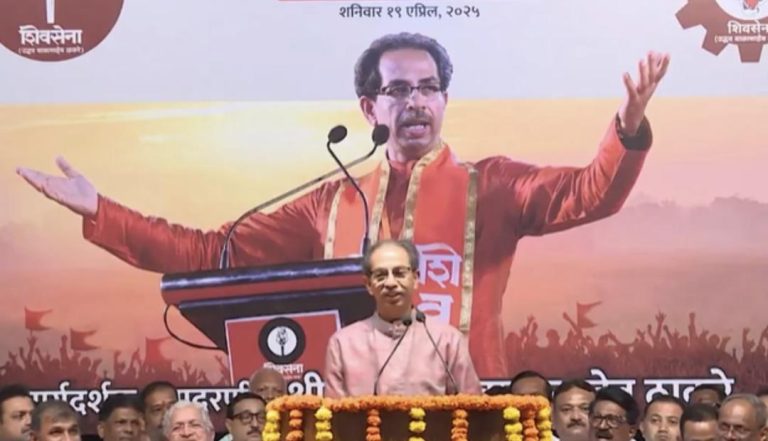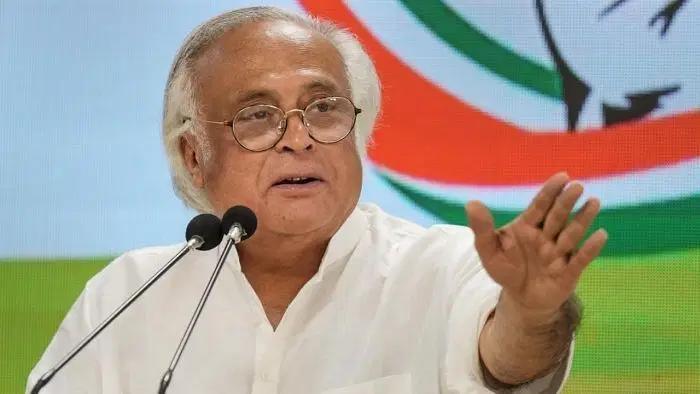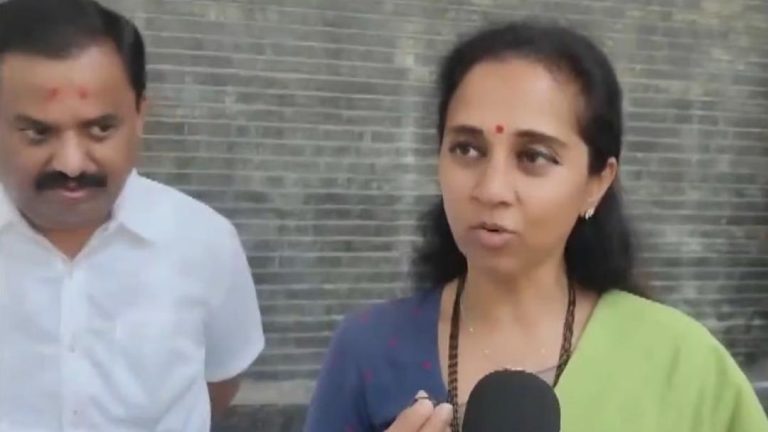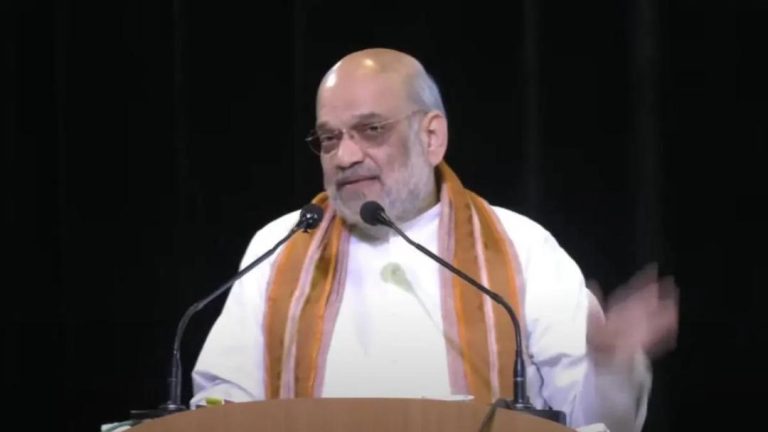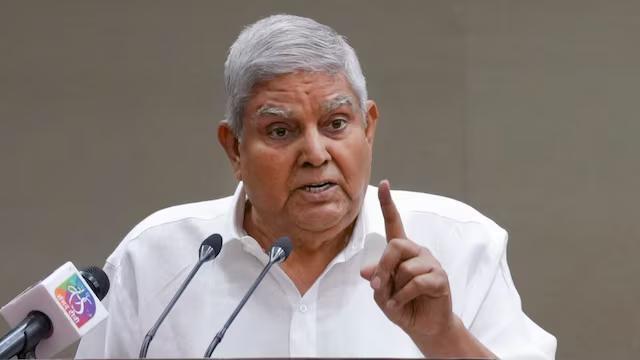
Judges Acting as Super-Parliament: VP Dhankhar on SC’s Order for President
The recent order by the Supreme Court, setting a deadline for President Droupadi Murmu to give her assent to Bills, has sparked a heated debate in the country. While the judiciary has been hailed for its efforts to uphold the Constitution and ensure accountability, Vice President Jagdeep Dhankhar has criticized the order, saying that judges are acting as super-Parliament, with no accountability. In this blog post, we will delve into the controversy and explore the implications of the Supreme Court’s order.
The Supreme Court’s Order
On January 12, 2023, the Supreme Court issued an order directing President Droupadi Murmu to give her assent to the Karnataka Assembly’s Bill to grant reservation to the Scheduled Castes and Scheduled Tribes in the state’s legislative council. The court set a deadline of January 23, 2023, for the President to take a decision on the Bill. The order was passed in response to a petition filed by the Karnataka government, which had sought the court’s intervention to ensure that the President acted on the Bill within a reasonable time frame.
The order has been hailed by many as a landmark decision that ensures the rule of law and upholds the Constitution. However, Vice President Jagdeep Dhankhar has taken a diametrically opposite view, saying that the Supreme Court’s order is an example of judges acting as super-Parliament, with no accountability.
Vice President’s Criticism
In a strongly worded statement, Vice President Dhankhar said, “So we have judges who will legislate, who will perform executive functions, who will act as super Parliament, and absolutely have no accountability.” He also asked what is happening in this country, implying that the judiciary was overstepping its boundaries and encroaching upon the powers of the executive and legislative branches of government.
Dhankhar’s criticism is not without basis. The Supreme Court’s order has been interpreted by many as an attempt to dictate the President’s decision on the Bill, rather than simply exercising its judicial review powers. The court’s order has also been seen as an example of judicial activism, which has been criticized for undermining the separation of powers and encroaching upon the domains of the other branches of government.
Implications of the Order
The implications of the Supreme Court’s order are far-reaching and have the potential to create a constitutional crisis. If the President fails to give her assent to the Bill by the deadline set by the court, it could lead to a confrontation between the executive and the judiciary. The order has also raised questions about the role of the judiciary in the country’s governance structure.
The order has also been criticized for being an example of judicial overreach. The Supreme Court’s decision to set a deadline for the President’s decision on the Bill has been seen as an attempt to dictate the outcome of the decision, rather than simply exercising its judicial review powers. This has raised concerns about the judiciary’s ability to balance its powers with those of the other branches of government.
Conclusion
The controversy surrounding the Supreme Court’s order and Vice President Dhankhar’s criticism has highlighted the need for a nuanced understanding of the role of the judiciary in the country’s governance structure. While the judiciary has an important role to play in upholding the Constitution and ensuring accountability, it is equally important that it does not overstep its boundaries and encroach upon the powers of the other branches of government.
As the debate continues, it is essential that the judiciary and the executive take a step back and reflect on the implications of the Supreme Court’s order. The order has raised important questions about the separation of powers and the role of the judiciary in the country’s governance structure. It is essential that these questions are addressed in a manner that respects the Constitution and the balance of powers between the three branches of government.
News Source:
